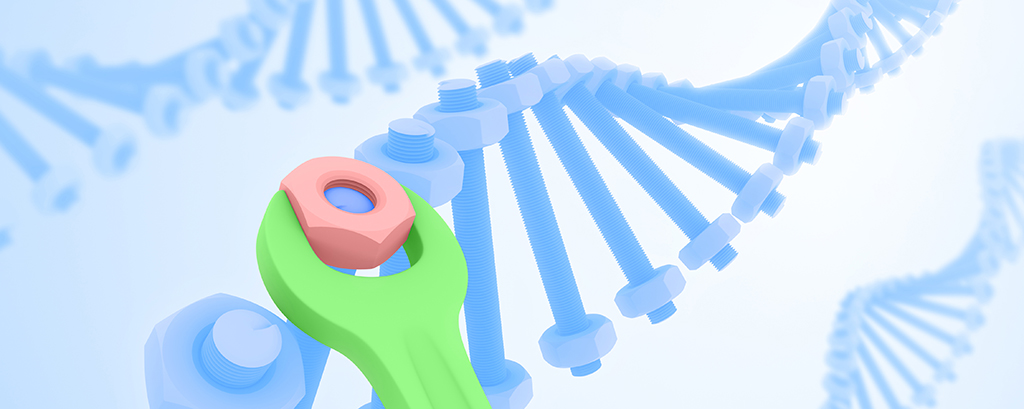Mutagenesis is a fascinating and essential biological process that involves the induction of genetic mutations in the DNA of an organism. These mutations can arise spontaneously or be intentionally induced through various methods, and they play a crucial role in driving evolution, understanding genetics, and advancing fields like biotechnology and medical research. In this article, we will explore the concept of mutagenesis, its significance, natural and artificial mechanisms, and its applications.
What Is Mutagenesis?
Mutagenesis refers to the process of introducing changes or alterations in an organism’s DNA sequence, resulting in genetic mutations. A mutation is a permanent alteration in the DNA sequence of an organism’s genome. These changes can affect a single nucleotide or larger sections of DNA, and they may occur naturally or be deliberately induced in laboratory settings.
Natural Mutagenesis
Spontaneous Mutations: These mutations occur without any external influence and are a natural consequence of errors during DNA replication or environmental factors like radiation or chemical exposure. Spontaneous mutations are random and can lead to genetic diversity within a population, which is crucial for evolution.
Biological Mutagens: Certain biological processes, such as the movement of transposons (jumping genes) within the genome, can lead to genetic mutations. These genetic elements can change their positions in the genome, disrupting or altering genes.
Artificial Mutagenesis
Chemical Mutagens: Researchers can intentionally induce mutations in the DNA of organisms using chemicals known as mutagens. For example, ethyl methane sulfonate (EMS) and nitrosoguanidine are chemicals commonly used in mutagenesis experiments. Chemical mutagens can cause specific changes in DNA, facilitating the study of gene function and regulation.
Radiation-Induced Mutagenesis: Exposure to ionizing radiation, such as X-rays or gamma rays, can induce mutations in DNA. This type of mutagenesis has been used to create new plant varieties in agriculture through a process called radiation breeding.
Significance of Mutagenesis
Evolution: Mutations are the driving force behind evolution. They generate genetic diversity within populations, and natural selection acts upon this diversity to favor advantageous mutations, leading to the adaptation of species to changing environments.
Genetic Research: Mutagenesis is a powerful tool in genetic research. It allows scientists to study the functions of specific genes by inducing mutations and observing the resulting phenotypic changes. This helps in understanding gene function and regulation.
Biotechnology: In biotechnology, mutagenesis is used to create organisms with desired traits. For instance, crop plants with improved disease resistance or pharmaceutical-producing bacteria with enhanced productivity can be generated through mutagenesis.
Medical Research: Mutagenesis plays a role in medical research, particularly in understanding the genetic basis of diseases. Identifying and studying disease-causing mutations can lead to the development of targeted therapies.
Drug Development: Mutagenesis is used to create mutant strains of microorganisms that can produce valuable pharmaceuticals or enzymes used in drug synthesis.
Mutagenesis is a fundamental biological process with far-reaching implications for understanding genetics, evolution, and biotechnology. Whether occurring naturally to drive species diversity or induced intentionally for scientific and practical purposes, mutations are the genetic building blocks of innovation and adaptation. As our understanding of mutagenesis continues to expand, so too does our ability to harness its power for the betterment of science, medicine, and society as a whole.


